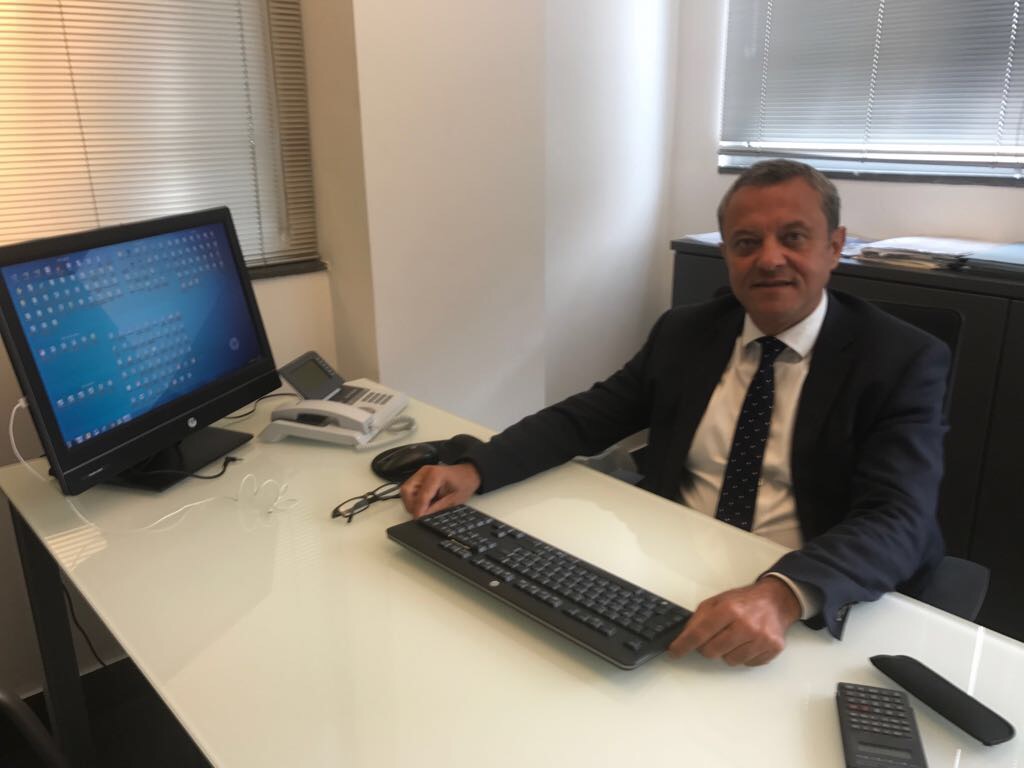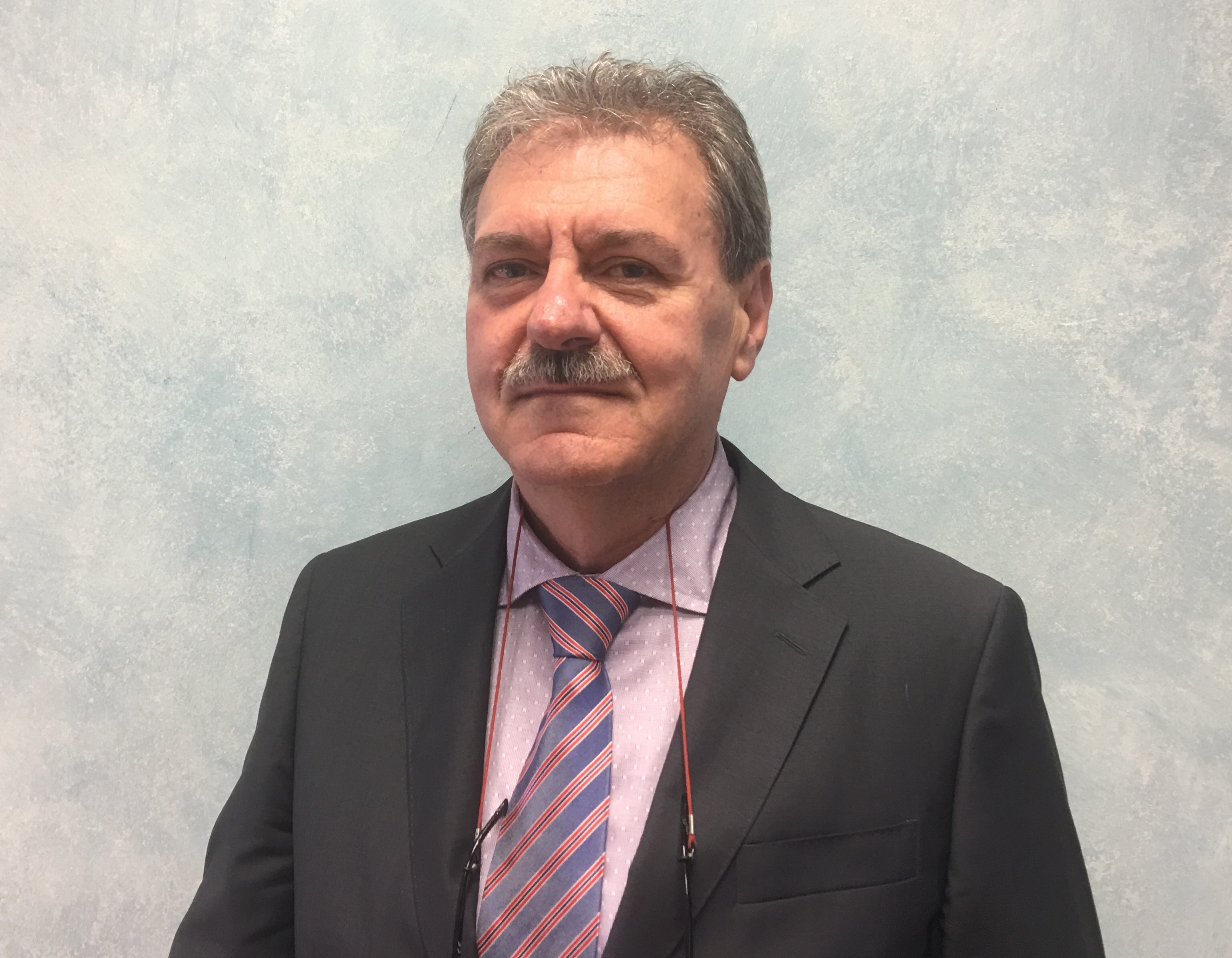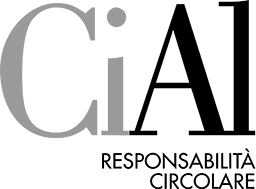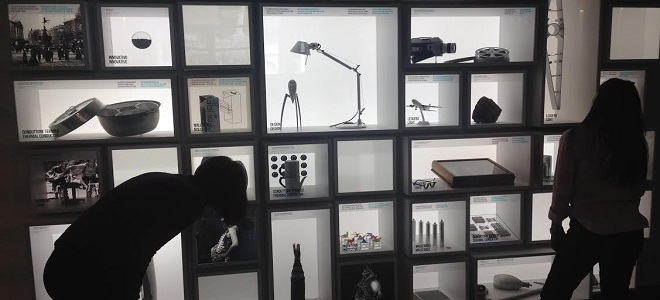Last june 16 saw the first meeting of the CIAL Board of Directors, elected with a three-year mandate at the members’ meeting held on 28 April 2017 with the aim of researching and defining new development strategies in line with the recycling targets for 2025 and 2030, with a view to promoting a circular economy.
During the meeting, three producers of packaging materials, three packaging manufacturers, and a representative of industrial users, elected the new Chairman of the Board of Directors, defining his powers and duties.

The new Chairman Carmine Bruno Rea, formerly the President of the Consortium from 2011 to 2014, will be taking over from Cesare Maffei, who will be representing aluminium packaging manufacturers in the new Board of Directors of Conai.
Born in Naples in 1963 and a graduate in Economics and Business, Carmine Bruno Rea is currently the Sales and Procurement Manager of Laminazione Sottile Spa and Italcoat Srl, two companies specialising in the production and coating of aluminium laminates.
He is also Vice President of Consorzio Lorenzo Garbellini and Managing Director of Ball Beverage Packaging Italia Srl, a leading company in the production of aluminium beverage cans.

Carmine Bruno Rea, who for many years has actively participated in the life of the Consortium, believes that “Separate waste collection and the recycling of aluminium packaging have grown steadily and consistently, year after year, in line with and often above the targets set by law. Today, we collect and recycle more than 70% of the aluminium packaging placed on the market, laying the groundwork for new and more ambitious goals, such as those indicated by the European standards. There is still plenty of room for improvement,” says Mr Rea, “but these results allow us to look to the future with greater confidence and awareness. This is due to our increased competence, and to our ability to determine and share the best strategies and technologies for the collection, processing and recycling of waste, with all our local partners.”
Mr Rea points out that, “The aims, principles and guidelines of the so-called Circular Economy have been fully acquired. All stakeholders, including citizens, are aware of their great social, economic and environmental value, which is universally shared, and capable of generating new forms of growth and prosperity. In this regard, aluminium plays a dynamic lead role within our economic system, fostering truly sustainable growth, both directly and indirectly.”
CIAL
The CIAL Consortium for the Recovery and Recycling of Aluminium was established in 1997 with the goal of recovering and recycling the aluminium packaging collected by town councils at the end of its life cycle, with the multiple aim of contributing to the recovery of a valuable raw material, avoiding waste, and safeguarding the environment. Aluminium cans, tins, trays, aerosol containers and foil thus become essential resources for sustainable, clean economic growth. Likewise the Italian recycling industry, which ranks among the most successful worldwide for its environmental performance. For the past 20 years, CIAL has worked to safeguard the environment, make away with landfills, and promote the employment of reusable resources, in the name and on behalf of over 200 companies in the aluminium packaging production chain. To this end, it promotes the collection and recovery of this important material, raising awareness among millions of citizens, in collaboration with the public administrations.
Results.
In 2016, Italy became one of the main points of reference in Europe, having recovered and recycled more than 73% of the aluminium packaging placed on the market, while total recovery, including the waste-to-energy fraction, reached a record high of 78%. 6,741 town councils and more than 53 million Italian citizens are involved in the separate collection of aluminium.
In 2016, the collection and recycling of 48,700 tonnes of aluminium packaging avoided production of greenhouse gases equal to 369,000 tonnes of CO2 and ensured energy savings equal to more than 159,000 tonnes of oil equivalent.

